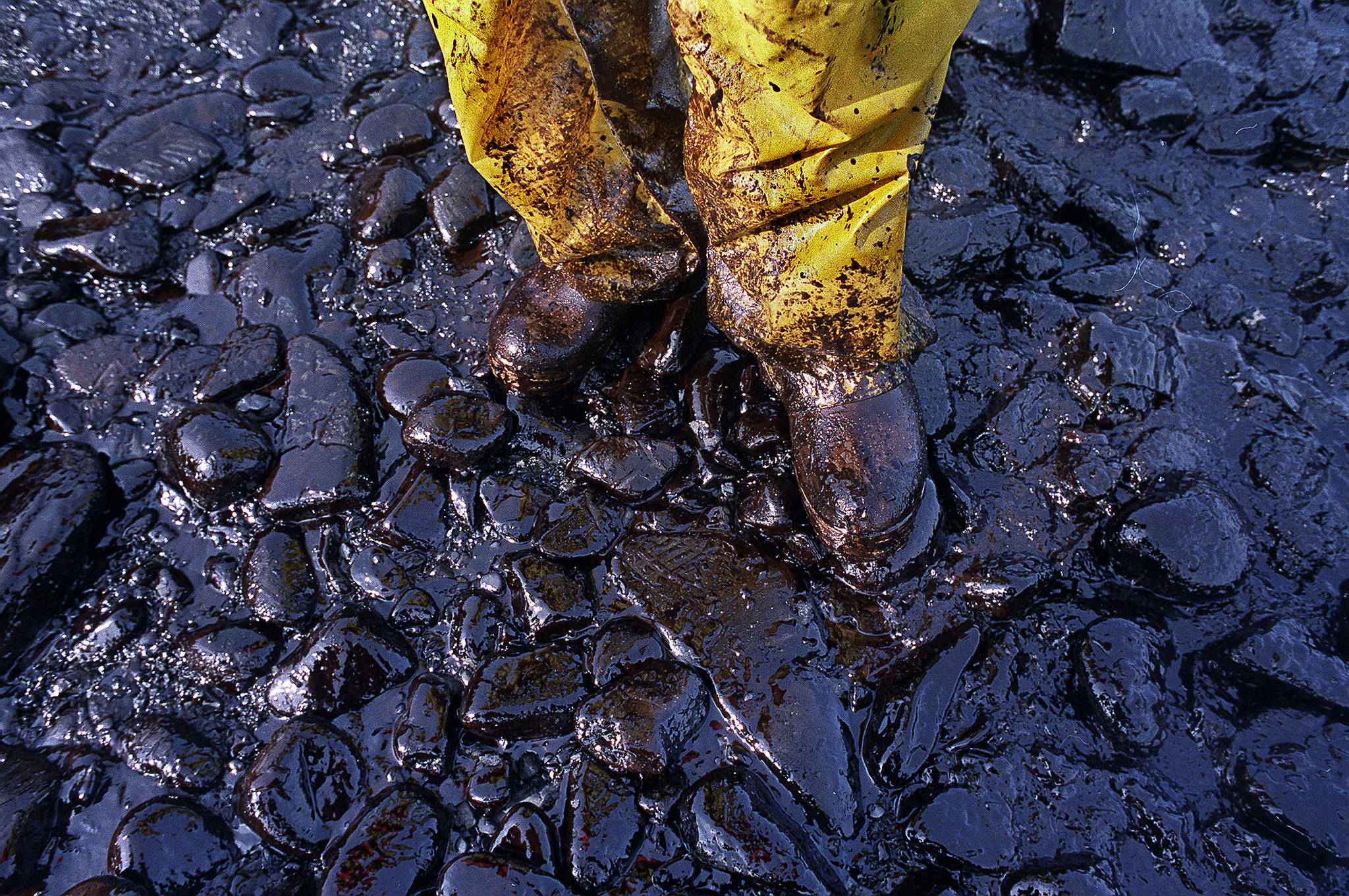After nearly 30 years without a significant oil spill in Alaska’s waters, it’s tempting to think that we can relax our vigilance. But we cannot. At no time since the Exxon Valdez has there been so many pressures on oil spill prevention and response.
In October, the Alaska Department of Environmental Conservation (ADEC) announced its intention to streamline oil spill contingency plan regulations and statutes to alleviate a perceived burden to industry and show Alaska is open for business. We hope that means all business; from subsistence and food security to commercial fisheries and tourism, clean waters and coasts are vital to the state, and ADEC should not dilute protections. This announcement understandably caught the attention of Alaska’s regional citizens’ advisory councils and the many Alaskans, like myself, who experienced the devastating effects of the 1989 spill. In the early 90’s we worked together with the oil industry and ADEC to develop Alaska’s oil spill response planning standards and regulations. They are why Alaska is considered a national and world leader in oil spill prevention and response today.
We support Alaska’s current standards and contingency plans regulations and statutes. So I appreciated Tim Bradner’s January 10 endorsement of strong regulatory oversight as the social license for economic development in Alaska (Anchorage Daily News). Unfortunately, the Governor is not giving some resource agencies the backing they need. ADEC’s proposed budget eliminates two training staff and five other staff in the Spill Prevention and Response Division. Cutting staff raises doubts about the Department’s ability to provide the regulatory oversight necessary to prevent spills while being prepared to mount an effective response, let alone its ability to conduct a wholesale review of Alaska’s oil spill planning and response standards.
To his credit, the ADEC Commissioner assured CIRCAC at our December Board of Directors meeting that he had no intention whatsoever of weakening Alaska’s oil spill prevention laws. We intend to hold him to that promise. But neither the Governor nor Commissioner rescinded the public scoping process as we requested. And the Commissioner is still of the opinion that regulations amount to red tape, cost too much, and stymy growth. As he stated recently at the Chamber’s legislative fly-in in Juneau, “Our goal is not to reduce environmental protections or eliminate anything that protects human health and the environment. It’s to get rid of that additional cost and that regulatory red tape.” These simply aren’t good enough reasons to risk tearing apart our protective oil spill prevention and response system.
CIRCAC supports regulatory changes that would improve Alaska’s spill response capability. We would welcome more incentives to use proven technology, such as the newer skimming systems that are now available. We also support funding for ADEC to accomplish the necessary training in Contingency Plan Review and to effectively respond to oil spills. But we will vigorously oppose any proposed changes that will weaken existing, protective laws.
ADEC is accepting comments on its public scoping of Alaska’s oil spill prevention regulations and statutes until March 16, 2020. If ADEC chooses to revise the spill prevention and response rules, it should ensure that any proposed changes not weaken protections that safeguard the marine environment. We can tell ADEC to preserve, strengthen, and improve Alaska’s oil spill planning standards and contingency plans and focus on prevention.
Remember the words of the Oil Pollution Act of 1990: “…complacency on the part of the industry and government personnel responsible for monitoring the operation of the Valdez terminal and vessel traffic in Prince William Sound was one of the contributing factors to the Exxon Valdez oil spill.”
We cannot afford a return to the complacency which triggered the worst oil spill in Alaska’s history. Tell the state and federal powers that be that any attempts to weaken or dismantle Alaska’s oil spill prevention and response system are unacceptable.
John Williams is a long-time resident and former mayor of Kenai, one of the official “Oiled Mayors” during the Exxon Valdez oil spill, and current President of the Cook Inlet Regional Citizens Advisory Council Board of Directors.
• John Williams is a long-time resident and former mayor of Kenai, one of the official “Oiled Mayors” during the Exxon Valdez oil spill, and current President of the Cook Inlet Regional Citizens Advisory Council Board of Directors.

